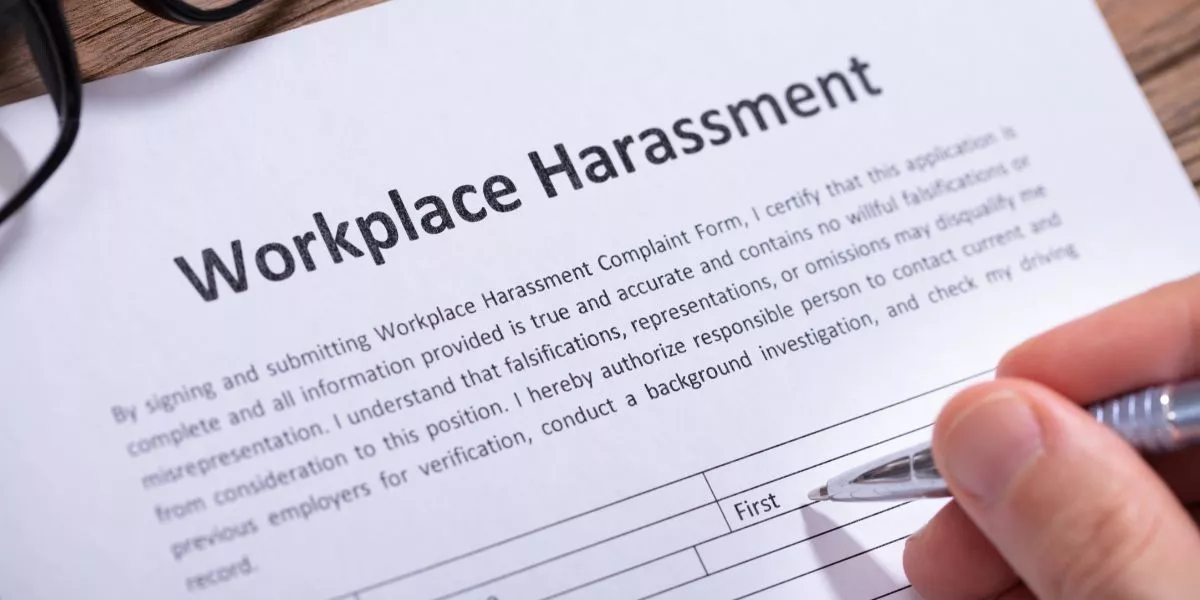Every worker has the right to a safe workplace, according to the Occupation Safety and Health Act of 1970. In California, workers can also rely on the State of California’s Department of Industrial Relations, Division of Occupational Safety and Health, to help protect workers on the job. However, even in the safest jobs, accidents can happen. When those accidents occur, workers turn to California’s workers’ compensation system for medical care and wage replacement benefits. Unfortunately, there are situations where both federal law and California protections fail because of employer actions. In those circumstances, consider contacting a dedicated attorney that has experience workers’ compensation and whistleblower claims. Contact the Diefer Law Group at (888) 301-7795 for more information about how our team can help with your employment law or workers’ compensation issue.
What Is Whistleblowing?
Employees who are concerned about the health and safety of themselves or their fellow workers can and should raise those safety issues with their employer. They can also report an OSHA violation (or Cal/OSHA) violation to federal or state OSHA team members. Anyone who makes this kind of report is a “whistleblower.”
In general terms, whistleblowing involves reporting illegal activities about an employer to authorities. Employees base their report on inside knowledge because they have seen the activity firsthand. While safety reports often go to OSHA or Cal/OHSA, whistleblowing can address any illegal activity, even those unrelated to safety.
Whistleblower Protections in California: Protection Against Retaliation
California has extensive whistleblower protections for its workers. It encourages workers to report illegal activities and protects workers who make these reports from retaliation.
Retaliation often comes in the form of worker termination, but not always. Examples of retaliation might include:
- Being passed over for a promotion
- Getting undesirable work assignments
- Actions that result in a layoff, suspension, or termination
- Engaging in harassment or threats (often that force workers to quit)
- Not getting an expected raise (such as annually or based on performance evaluations)
- Providing unsubstantiated poor evaluations
- Threatening that the employer will turn in an employee to Immigration and Customs Enforcement (ICE)
- Denying training or professional development opportunities
The Department of Industrial Relations (Cal/OSHA) will help workers who feel that their employer has retaliated against them for whistleblowing. If an employer discriminates or retaliates against a worker for exercising their rights to a safe and healthful workplace, they can file a complaint with the California Labor Commissioner, which is also known as the Division of Labor Standards Enforcement. With this type of complaint, workers might be able to recover wages or get their job back.
In most situations involving retaliation, workers only have six months to file a complaint from the date of the retaliation. While six months might seem like plenty of time, it will go by quickly, especially if you need to gather additional evidence to support your claim. A California workers’ compensation attorney in Riverside, CA, can help. Diefer Law Group has extensive experience helping workers address retaliation claims and can help you understandyour legal rights.
A Quick Overview of California’s Whistleblower Protection Laws
California code has several sections that apply to whistleblower protections. A brief reference of the most important code sections is included below.
- Labor Code 1102.5: This section provides general whistleblower protections, stating that an employee is protected from retaliation as long as they reasonably believed that the employer was engaging in illegal activity.
- Labor Code 98.6: This section protects employees from retaliation when they report violations of the California Labor Code, including wage and hour violations.
- Labor Code Section 232: This section protects employees who disclose their wages to others. Employers cannot have policies prohibiting workers from disclosing their wages to one another in California.
- Labor Code Section 232.5: This section protects employees so that they can discuss their working conditions with co-workers and any other third party.
- Labor Code Section 6310: This section protects workers who report safety violations to OSHA or Cal/OSHA.
Many other sections apply to workers in specific industries, such as healthcare and public employees. In addition, many other code sections provide protections related to non-safety violations, such as securities violations and violations of the Fair Employment and Housing Act.
Workers’ Compensation and Whistleblower Claims
All California workers’ compensation laws fall under the Workers’ Compensation Act. Even Labor Code Section 6310 carves out an exception for limitations on retaliation related to workers’ compensation claims because the Workers’ Compensation Act is the sole and exclusive remedy for workers for any issue related to workers’ compensation.
A whistleblower might report violations of the workers’ compensation laws, or they might report discrimination or retaliation related to their specific workers’ compensation claim. In general, two options exist to address retaliation that occurs because of filing a workers’ compensation claim.
Labor Code Section 132a Petition
Labor Code Section 132a protects employees if they were fired or otherwise discriminated against because they have a pending Workers’ Compensation Appeal Board (WCAB) case. This petition is filed with the WCAB, just like a workers’ initial workers’ compensation claim.
Other Legal Avenues for Protection
If a worker has not filed a claim with WCAB, they still have other options to protect their legal rights. Labor Code 132a is broad, and it protects workers who not only have pending claims but also those who:
- Have announced their intention to file a workers’ compensation claim
- Have received a rating, award, or settlement related to workers’ compensation
- Have indicated they will or have already testified in front of the WCAB in another employee’s case
In those situations, the employer might be guilty of a misdemeanor, and the worker may be able to recover lost wages and other work benefits caused by the employer’s actions.
Get Help with Workers’ Compensation and Whistleblower Claims
Workers in California have extensive protections, and Diefer Law Group can help ensure your legal and financial rights are protected. If you feel that an employer has discriminated against you for filing a whistleblower claim and refuses to help you receive your worker’s compensation, turn to our legal team for answers. Call (888) 301-7795 to schedule your free consultation today.








